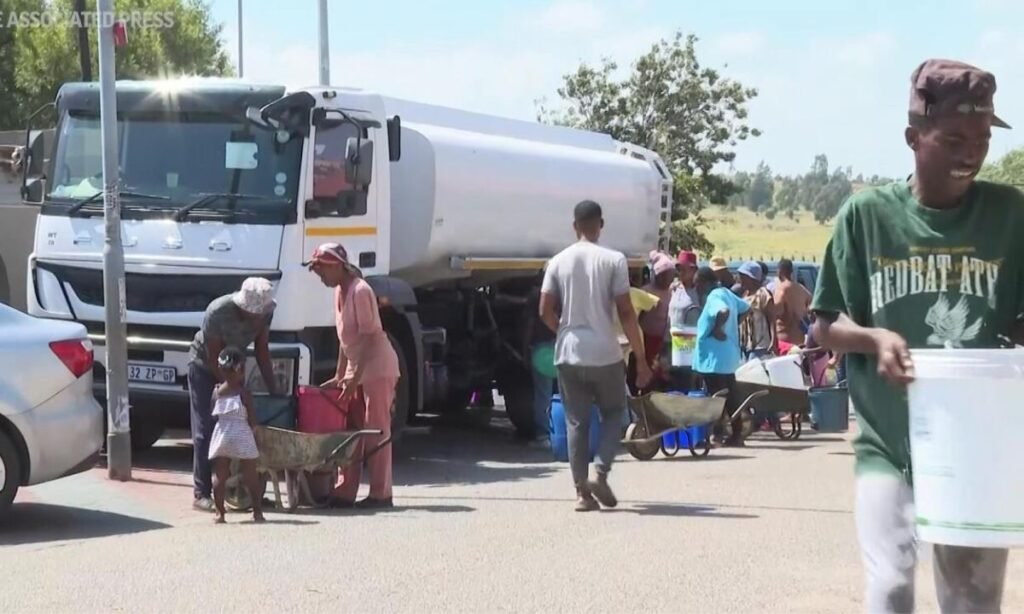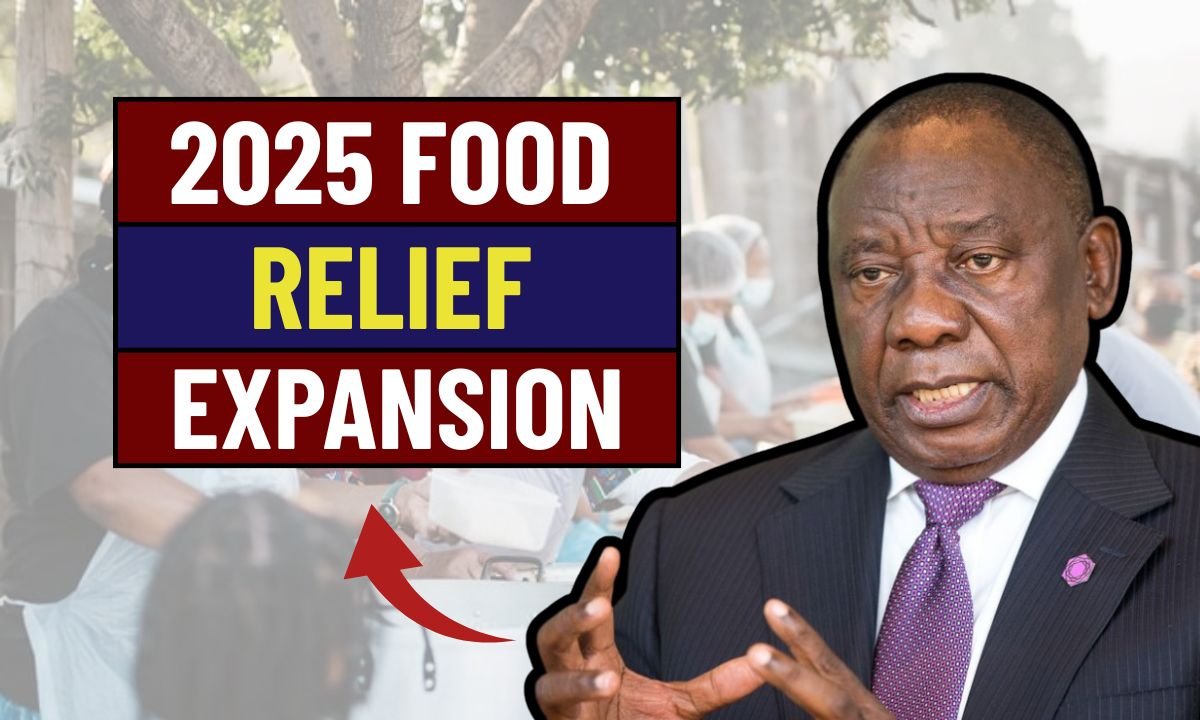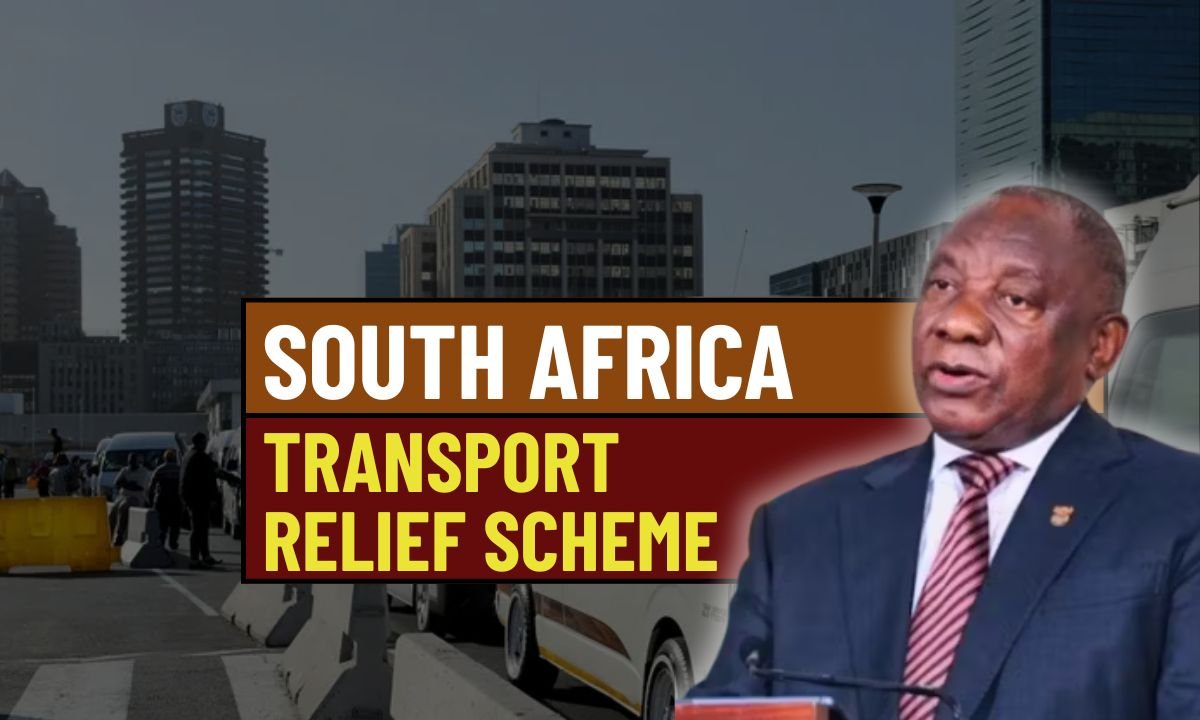In response to growing concerns over water affordability, the South African government has introduced the 2025 Water Relief Rebate, a bold new programme that helps low-income households reduce their municipal water bills. With many families still recovering from pandemic-era debt and economic stress, this new scheme is a direct response to mounting arrears and water disconnections in vulnerable communities. Launched by the Department of Water and Sanitation in collaboration with local municipalities, the rebate aims to ensure basic access to water while promoting responsible usage. It forms part of the government’s broader agenda for sustainable service delivery and public utility reform.
Table of Contents
Who Qualifies for the Water Rebate?
The Water Relief Rebate is primarily available to households that earn less than R3,200 per month and are registered on the municipality’s indigent support database. Households with long-standing unpaid water bills, restricted water supply, or those that have experienced disconnections in the last 12 months are being prioritised. Municipalities across Gauteng, Western Cape, and Limpopo are among the first to roll out the scheme, with plans to expand it nationally by early 2026. To qualify, households must prove residency, income level, and submit municipal billing records. Applicants are also required to commit to a water-saving education session, which forms part of the conditions for ongoing support.
How the Rebate Will Work ?

Once approved, qualifying households will receive a monthly rebate ranging from R150 to R400, depending on usage patterns and household size. In cases where families are already in arrears, the rebate can be retroactively applied to reduce outstanding municipal water debts. In addition to the monthly discount, approved households will receive a once-off arrears settlement offer, which could write off up to 50% of overdue water bills provided the household agrees to stay current on future payments. This structure is designed to reward responsible water use while easing the financial burden on families most at risk. Funds for the rebate are drawn from the national Municipal Support and Reform Fund, which was recently bolstered by a R2.8 billion allocation in the 2025 national budget.
How to Apply and Access the Benefit ?
Residents interested in applying can visit their local municipal office or use the newly launched online Water Rebate Portal to submit an application. Required documents include a South African ID, proof of residence (such as a utility bill), and proof of income or unemployment. The process takes about 7 to 14 business days, after which successful applicants will receive formal notification and their municipal accounts will be automatically updated with the rebate. For those without access to the internet, municipal outreach teams are conducting door-to-door registrations in informal and rural settlements.
Supporting Sustainable Usage and Long-Term Equity
The Water Relief Rebate not only offers short-term financial relief but also promotes long-term behavioural change. Each beneficiary household will be enrolled in a community-based water conservation workshop, teaching practical strategies to reduce waste and conserve this vital resource. Government officials have emphasized that this programme is part of a broader movement toward sustainable and equitable municipal services. By linking financial assistance to education and accountability, the rebate helps build a more resilient society where everyone has access to clean, affordable water without compromising the environment.
Could This Save Your Household?
If your household is facing high water bills or struggling with unpaid municipal debts, the 2025 Water Relief Rebate may be the opportunity you’ve been waiting for. With savings of hundreds of rands every month and a fresh start on outstanding payments, the program offers both economic relief and long-term empowerment. Check with your municipality today to find out if you’re eligible and take the first step toward lowering your water costs and securing your family’s access to this essential service.




